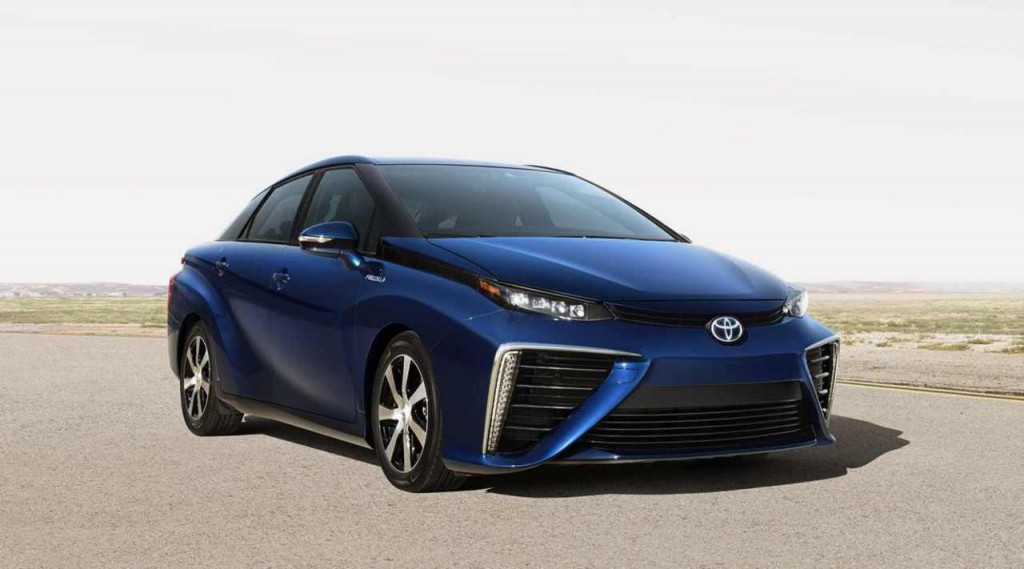Toyota is doubling down on its investment in hydrogen fuel cell vehicles, designing lower-cost, mass-market passenger cars and SUVs and supporting the technology into buses and trucks to construct economies of scale.
As Toyota cranks up enhancements for the next generation of its Mirai hydrogen fuel cell vehicle (FCV), anticipated in the early 2020s, it is hoping it can prove wrong competing automakers and industry experts who have largely dismissed such plans as commercially unviable.
The maker of the Prius, the first mass-produced “eco-friendly” gasoline-hybrid car in the 1990s of the world, states it can popularize FCVs in part by making them low-cost.
“We’re going to shift from limited production to mass production, decrease the amount of costly materials like platinum used in FCV components, and make the system more compact and powerful,” stated Yoshikazu Tanaka, chief engineer of the Mirai.
It is preparing a phased introduction of other FCV models, consisting a range of SUVs, pick-up trucks, and commercial trucks starting around 2025, a source with understanding of the automaker’s plans stated.


